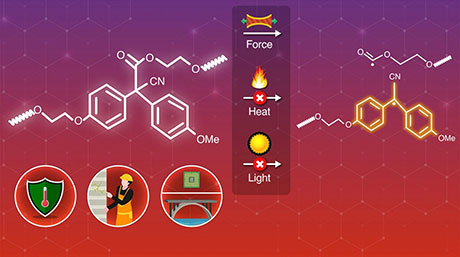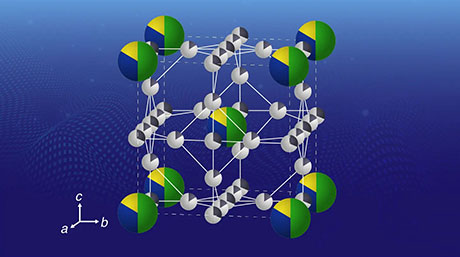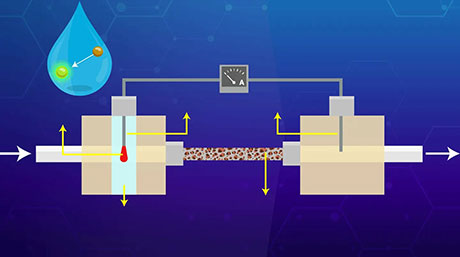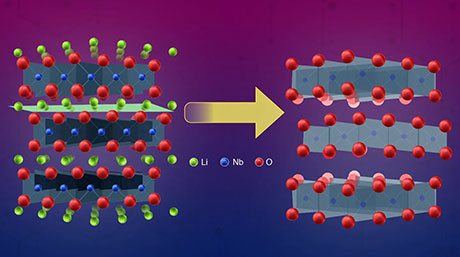Chemical Science and Engineering News
Assist. Prof. ORITA Yasuhiko and TAKEHARA Ryosuke received the 23rd Tokyo Tech Challenging Research Awards.
Assistant Professor ORITA Yasuhiko of Department of Chemical Science and Engneering, School of Materials and Chemical Technology, and Assistant Professor TAKEHARA Ryosuke of Laboratory for Chemistry and Life Science, Institute of Innovative Research, has been awarded the 23rd Tokyo Tech Challenging Research Awards.
The award ceremony will be held on Senptember 13th, 2024.
To encourage young faculty members at Tokyo Tech to engage in challenging research, Tokyo Tech has established the Challenging Research Award for creative, up-and-coming researchers who boldly pursue the promotion of the most advanced research in the world, pioneering of new fields of study, innovative development of new research, and important issues that are difficult to solve. We commend the recipients of this award and provide them with financial support for their research.
Many of the researchers who won this award have also gone on to win the Commendation for Science and Technology by the Minister of Education, Culture, Sports, Science and Technology.
In 2024, 11 researchers, including Assistant Professor ORITA and Assistant Professor TAKEHARA, were selected.
Click here![]() to see the winners of the Tokyo Tech Challenging Research Award for FY2024.
to see the winners of the Tokyo Tech Challenging Research Award for FY2024.
Award winners in faculty member in Department of Chemical Science and Engineering
| Name | Affiliation | Title | Research topic |
|---|---|---|---|
|
ORITA Yasuhiko |
Department of Chemical Science and Engineering, School of Materials and Chemical Technology |
Assistant Professor | Design of acoustic responsive liposome based on CO2 dynamics and application for drug release technology |
|
TAKEHARA Ryosuke |
Laboratory for Chemistry and Life Science, Institute of Innovative Research |
Assistant Professor | Exploration of Unconventional Thermal Transport Originating from Molecular Dynamics |
Comment from the award winner
Assistant Professor TAKEHARA Ryosuke
Laboratory for Chemistry and Life Science, Institute of Innovative Research
- Research topic:
Exploration of Unconventional Thermal Transport Originating from Molecular Dynamics
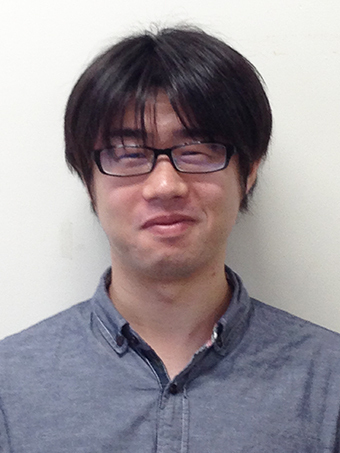
The development of basic research on electrical, magnetic, and optical properties of organic materials has been cultivated over many years. However, our understanding of the thermophysical properties of organic materials, especially their heat transport properties, has lagged behind. Thermal energy reflects the degrees of freedom of motion of atoms and molecules in matter, and it is well known that phonons, which are quantized translational motions of the center of mass of molecules, are responsible for heat transport. However, organic materials have numerous degrees of freedom of motion around their center of mass, that is, molecular dynamics, which can lead to the development of new heat transport properties not found in inorganic materials. If the relationship between molecular dynamics and heat transport can be clarified, and if such heat transport properties can be controlled by molecular design and external fields, new heat management technologies using organic materials are expected to be developed. This research project will challenge the understanding and exploration of heat transport originating from two types of molecular dynamics. One is the study of the propagation mechanism of thermal energy stored in intramolecular vibrations. We are interested in clarifying how thermal energy stored in intramolecular vibrations, which are highly localized vibrational modes, propagates through crystals. The other is the study of heat transport in a molecular rotor system having more macroscopic molecular dynamics. In the recently developed two-dimensional dipolar molecular rotor system, the rotational motion of the rotor may facilitate the carrying of thermal energy, and we are interested in finding such a new heat transport mechanism. Understanding heat transport originating from the molecular dynamics unique to these organic materials is expected to open up a new research field of organic heat transport.
I would like to express my sincere gratitude to Professor Fukushima, Associate Professor Shoji, Mr. Ogawa (M2 in Fukushima Lab.), and other collaborators, as well as Assistant Professor Fukui and other laboratory staff and students.
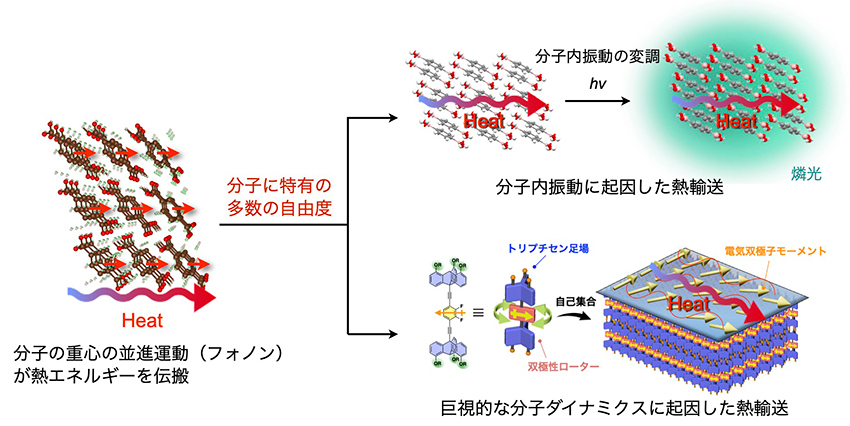
Understanding and exploring heat transport originating from intramolecular vibrations
and macroscopic molecular motion

Understanding and exploring heat transport originating from intramolecular vibrations and macroscopic molecular motion
Related Links
- Challenging Research Award|Research Support Activities|Office of Reserach and Innovation, Tokyo Institute of Technology
- Office of Reserach and Innovation, Tokyo Institute of Technology
- FUKUSHIMA GROUP
- Laboratory for Chemistry and Life Science|Institute of Innovative Research
- Research Center for Autonomous Systems Materialogy(ASMat)|Institute of Innovative Research
- Institute of Innovative Research(IIR)
- ASUNARO Grant established, 5 researchers awarded in first call|Tokyo Tech news
- Chemical Science and Engineering Graduate Major|Education|Department of Chemical Science and Engineering, School of Materials and Chemical Technology
- Chemical Science and Engineering Undergraduate Major|Education|Department of Chemical Science and Engineering, School of Materials and Chemical Technology

